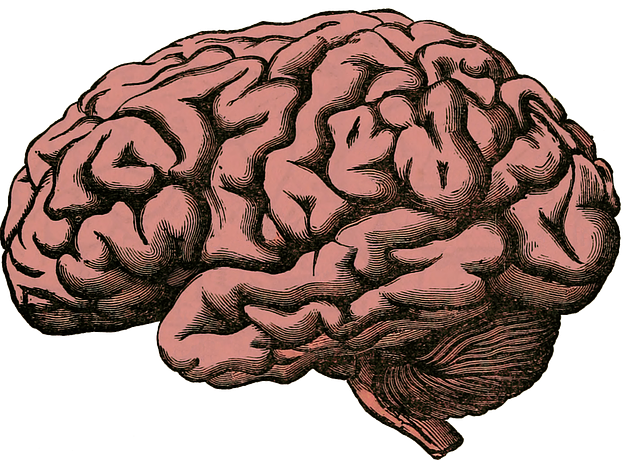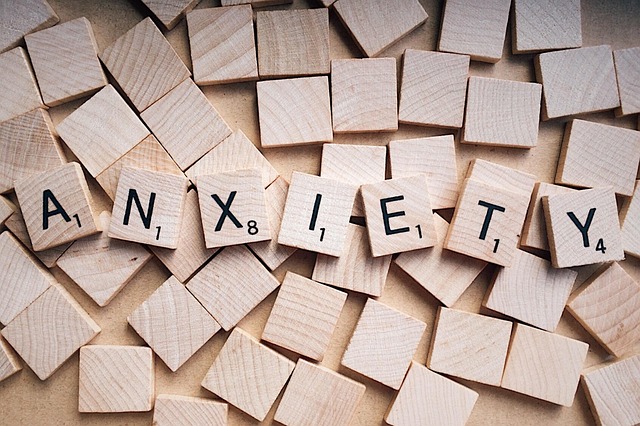Therapy for young children focuses on coping skills development through playtherapy, art, and guided activities, teaching conflict resolution and emotional regulation. For couples with communication issues, therapy offers a path to improve understanding, empathy, and constructive conflict management. Effective communication is crucial for both groups, fostering healthier relationships and enhancing coping abilities in children and adults alike. Professional guidance helps partners model healthy communication strategies, create safe spaces, and develop self-care routines for better mental health and stress reduction.
Coping skills development is a crucial process, especially for young children navigating life’s challenges. This article explores various facets of fostering resilience and effective coping mechanisms in different contexts. We delve into understanding the development of coping skills in young minds, highlighting the significance of therapy for couples facing communication issues. Learn about strategies to enhance communication and resolve conflicts, all while building resilient relationships through shared coping mechanisms. Discover practical insights for a healthier, more connected life.
- Understanding Coping Skills Development in Young Children
- The Role of Therapy in Enhancing Communication for Couples with Issues
- Strategies for Effective Communication and Conflict Resolution
- Building Resilient Relationships through Shared Coping Mechanisms
Understanding Coping Skills Development in Young Children

Coping skills development is a crucial aspect of therapy for young children, helping them navigate life’s challenges and emotional hurdles. At an early age, children start forming their own unique ways to deal with stress, anxiety, or difficult situations. Understanding this process is essential for mental health professionals when working with young clients. Through playtherapy, art, and other engaging activities, therapists can guide kids in identifying and managing their emotions effectively.
The concept involves teaching practical strategies such as conflict resolution techniques and emotional regulation skills. For instance, encouraging open communication between parents and children, addressing any couples’ communication issues within the family, can significantly impact a child’s ability to cope. Risk management planning for mental health professionals plays a vital role in creating safe spaces where children feel empowered to express themselves honestly, fostering better emotional regulation.
The Role of Therapy in Enhancing Communication for Couples with Issues

For couples struggling with communication issues, therapy can be a powerful tool to enhance their relationship and improve overall well-being. Through professional guidance, they learn to navigate conflicts constructively, fostering an environment of understanding and empathy. Therapy sessions provide a safe space for each partner to express their feelings and concerns openly, helping them recognize and respect each other’s perspectives.
This process encourages the development of inner strength as individuals cultivate emotional healing practices and self-care routines. By addressing communication barriers, couples can strengthen their bond, improve problem-solving skills, and create a more harmonious relationship. Effective therapy enables partners to build healthier communication patterns, which are essential for maintaining a fulfilling and supportive partnership.
Strategies for Effective Communication and Conflict Resolution

Effective communication and conflict resolution are essential skills to develop, especially for young children and couples facing relationship challenges. In therapy sessions, professionals often emphasize the importance of active listening and clear expression of feelings. Encouraging self-awareness exercises can help individuals recognize their emotions and triggers, fostering better understanding within relationships.
For couples, learning to navigate communication issues requires patience and practice. Healthcare provider cultural competency training can be beneficial in teaching strategies for respectful and empathetic interactions. By incorporating self-care routine development for better mental health, partners can enhance their emotional resilience, enabling them to address conflicts constructively, rather than resorting to unhealthy arguments or silent treatments.
Building Resilient Relationships through Shared Coping Mechanisms

Building resilient relationships is a key aspect of coping skills development, especially for young children. When parents or primary caregivers model and teach effective communication strategies, it paves the way for healthier interactions. By sharing their own coping mechanisms and encouraging open dialogue, adults can help children express emotions and navigate challenges together. This collaborative process strengthens the bond between caregiver and child, fostering a safe space to discuss difficult topics and manage stress.
In cases where couples face communication issues, seeking therapy can be transformative. Professional guidance facilitates the exploration of conflict resolution techniques, promoting understanding and empathy. These sessions empower partners to address underlying problems, develop healthier ways of communicating, and create a more supportive environment for managing mental wellness and stress reduction methods.
Coping skills development is a multifaceted process that begins early in life. By understanding the importance of healthy coping mechanisms, both therapy for young children and effective communication strategies for couples with issues can significantly enhance resilience. Integrating shared coping mechanisms into relationships fosters strength and adaptability, enabling individuals to navigate challenges together. For couples, this may involve improving communication through conflict resolution techniques, creating a supportive environment that encourages open dialogue and understanding. With the right tools, individuals and relationships can flourish, even in the face of adversity.














